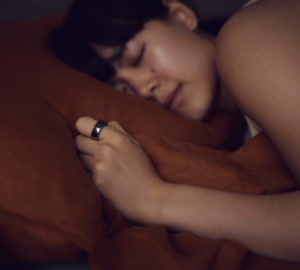Researchers at the National University of Singapore (NUS) teamed up with Oura to analyze sleep data from over 100,000 individuals to uncover the effect of COVID-19 lockdowns on sleep health across the globe.
Read the full study or explore the key takeaways below.
What did they find?
When lockdowns were the most stringent…
- People were more likely to go to bed later and sleep in longer.
- People were more likely to have more consistent sleeping patterns from one night to the next.
- Sleeping patterns on weekends and weekdays became more similar.
- Countries with stricter lockdown restrictions showed greater changes in sleeping patterns.
- Positive changes in sleep also coincided with decreases in night-time resting heart rates.
What does this mean for you?
Having a more consistent sleeping schedule has potential benefits for our overall health, including lowering our resting heart rates. These results suggest that post-COVID flexibility in sleep schedules may be worth advocating for as a way to boost productivity and sleep health.











